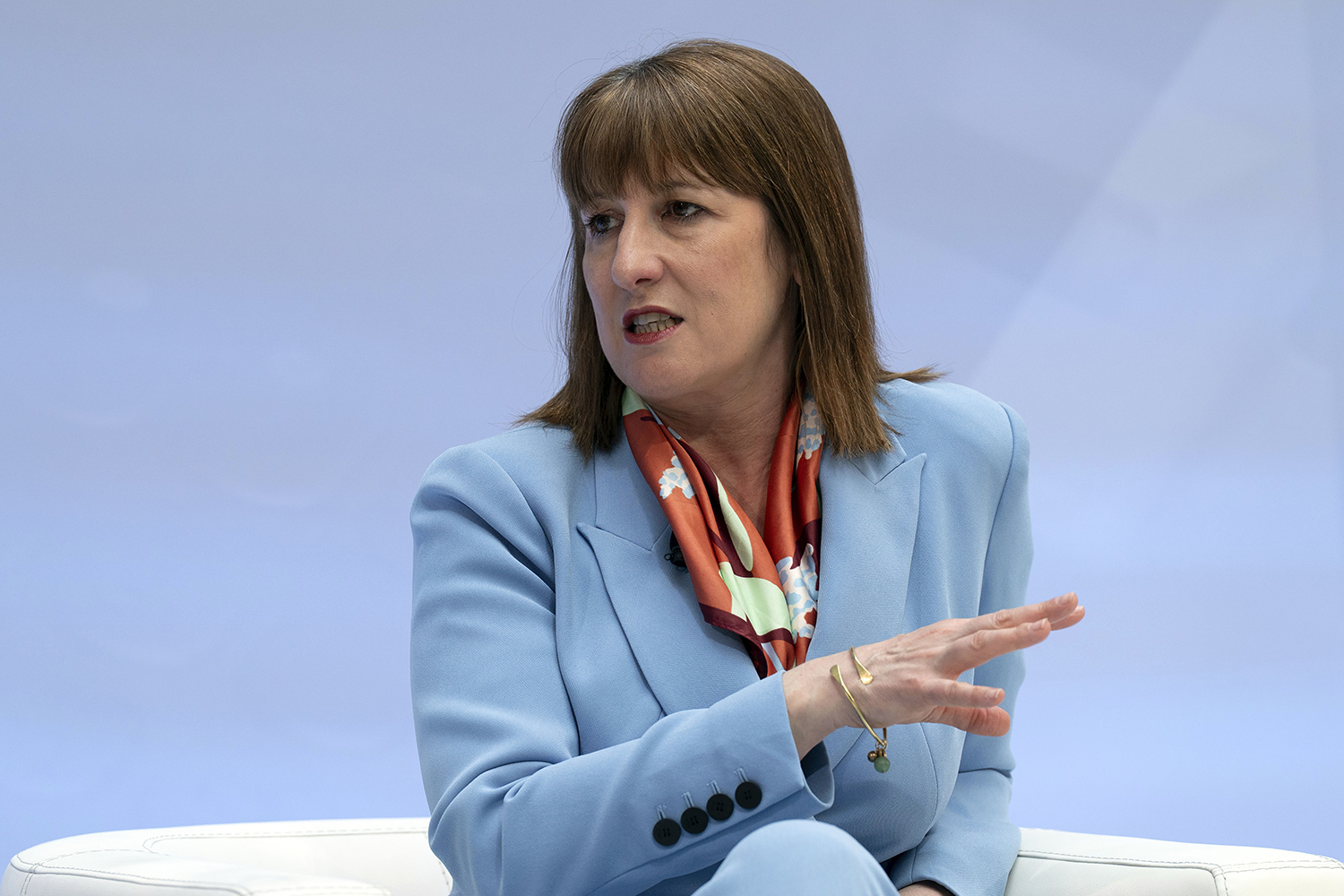A senior employee of a publicly listed, UK-registered crypto company struggles to get a mortgage because his salary is paid by a crypto business. A British high street bank bars all outbound payments to crypto exchanges. A Cambridge University spin-out is rejected for a business bank account.
Add those stories up and there is a strong whiff of “debanking” – a claim that has been incendiary in the US.
A survey of UK businesses conducted by startup and cryptoasset industry groups suggests there is substance to the claims; out of about 80 companies that responded, half had been rejected for a business bank account or had an account closed.
One company said it had been rejected by a high street bank because of its profile, despite the fact that it was already registered with the Financial Conduct Authority (FCA), which means the FCA supervises it for money-laundering and counter-terrorism financing risks.
The most common reason given was the connection to crypto or blockchain. In some cases, these companies are relocating to the European Union or the Gulf.
The FCA is also planning to restrict retail investors from borrowing to trade in crypto, which can amplify gains but also increases risks for traders. With such a volatile asset, that is a valuable element of consumer protection, but crypto’s supporters are likely to see it as further evidence of negativity.
UK banks have reason to be wary. Exposure to crypto comes with genuine risks. Silvergate, a tiny Californian bank that grew to be one of the biggest cryptocurrency banks in the US, collapsed in March 2023 after the FTX crypto exchange imploded in November 2022.
The casualties were all niche players, but things could be different in the next crypto crisis, as the sector is making inroads into mainstream US banking; Morgan Stanley plans to offer crypto trading on its brokerage platform, while a number of US crypto companies are considering applying for banking charters.
In Trump’s America, debanking has become a battle cry for a political tribe, as likely to trigger an allergic reaction as diversity, equity and inclusion.
US entrepreneur Marc Andreessen has accused the Biden administration of systematically depriving tech founders of banking services, one of the reasons Silicon Valley came out so strongly for Trump.
Newsletters
Choose the newsletters you want to receive
View more
For information about how The Observer protects your data, read our Privacy Policy
Those people rarely champion the Muslim charities that are routinely deprived of banking. But as similar stories emerge in the UK, a test is coming for British regulators.
Last week, the chancellor, Rachel Reeves, published draft proposals on crypto regulation that exempt overseas stablecoin issuers from having to be authorised in the UK. The background is that the stablecoin market is dominated by two companies: Tether, based in El Salvador, and Circle, based in the US.
The move flatters Trump and the crypto lobby, but buyers should still beware: bitcoin might have hit an all-time high last year but remains a good way to lose, as well as make, a fortune.
Photograph Jose Luis Magana/AP

